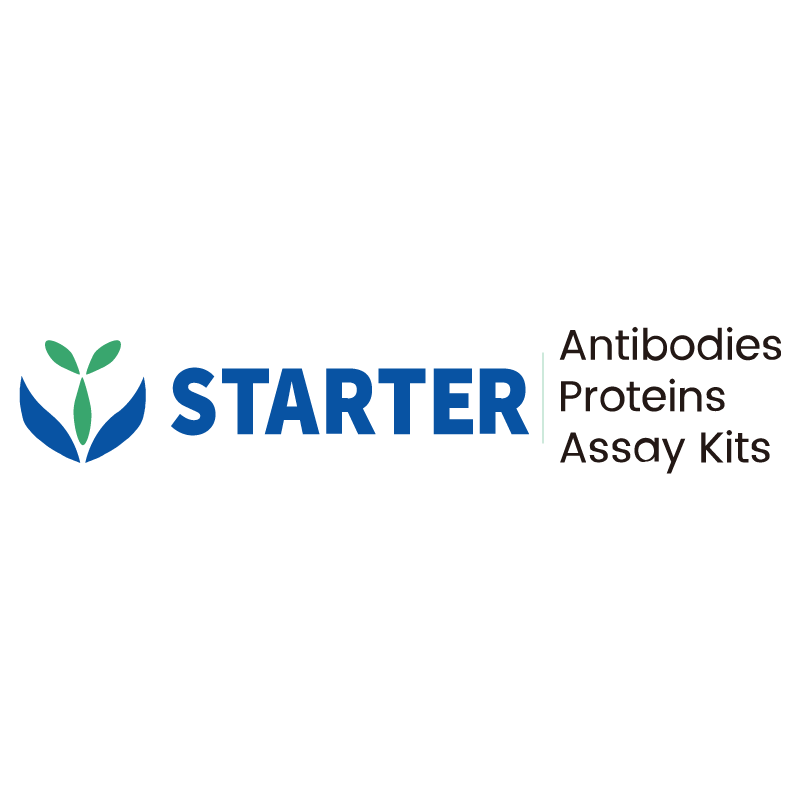Product Details
Product Details
Product Specification
| Host | Rat |
| Antigen | CD223 |
| Synonyms | Lymphocyte activation gene 3 protein; LAG-3; Activation-induced cytidine deaminase-linked autoimmunity protein (Aida); Lag3 |
| Location | Cell membrane |
| Accession | Q61790 |
| Clone Number | S-R624 |
| Antibody Type | Rat mAb |
| Isotype | IgG1,k |
| Application | FCM |
| Reactivity | Ms |
| Purification | Protein G |
| Concentration | mg/ml |
| Conjugation | FITC |
| Physical Appearance | Liquid |
| Storage Buffer | PBS, 25% Glycerol, 1% BSA, 0.3% Proclin 300 |
| Stability & Storage | 12 months from date of receipt / reconstitution, 2 to 8 °C as supplied |
Dilution
| application | dilution | species |
| FCM | 5 μl per million cells in 100μl volume |
Background
CD223, also known as LAG-3 (lymphocyte activation gene-3), is a type I transmembrane protein belonging to the immunoglobulin (Ig) superfamily. It is expressed on the surface of activated T cells, regulatory T cells (Tregs), natural killer (NK) cells, and some other immune cells. Structurally, it is similar to CD4 and has a higher binding affinity to MHC class II molecules than CD4. LAG-3 primarily functions as an immune checkpoint receptor, negatively regulating T-cell activation, proliferation, and cytokine production. In cancer and chronic infections, elevated LAG-3 expression is associated with T cell exhaustion, limiting anti-tumor and antiviral responses. Due to its significant role in immune regulation, LAG-3 has become a promising target for cancer immunotherapy and the treatment of autoimmune disorders.


